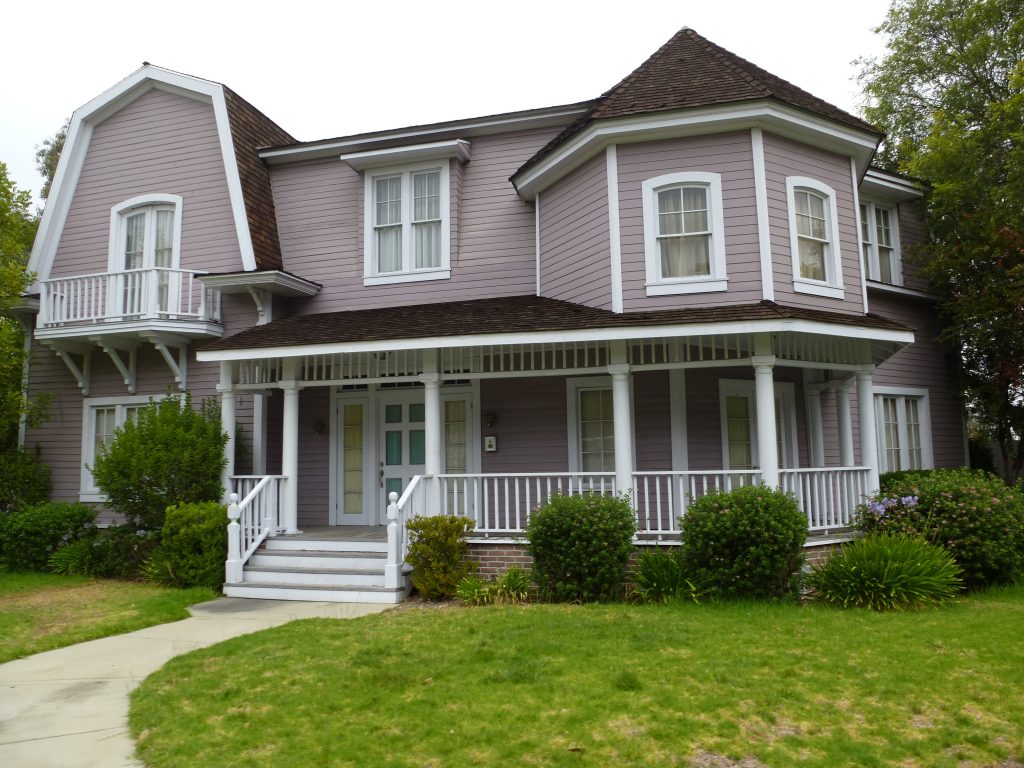 Buying and selling real estate can be stressful because of the emotions and large sums of money involved. In order to have certainty in transactions involving real estate, Louisiana law has strict requirements of what is required to form a valid contract, including signatures from both the buyer and seller. What happens if a would-be buyer unilaterally signs a contract and claims they own your property?
Buying and selling real estate can be stressful because of the emotions and large sums of money involved. In order to have certainty in transactions involving real estate, Louisiana law has strict requirements of what is required to form a valid contract, including signatures from both the buyer and seller. What happens if a would-be buyer unilaterally signs a contract and claims they own your property?
James Gobert owed a house located in Lake Charles, Louisiana. He listed the house for sale with Lutricia Cobb, who owned a real estate company. He signed an agreement with Cobb whereby Cobb would act as his agent to lease and manage his property.
Linda Haley personally contacted Gobert, without Cobb knowing, and made him an offer to buy his property. Haley asked to rent the property from Gobert while they tried to get a mortgage. Gobert suggested entering into a six-month lease that had an option to purchase. The lease set a monthly rental payment of $800 and included an option to buy the property for $131,000 at the end of the six month lease.
The Haleys never signed Gobert’s proposed lease. Instead, the Haleys got a separate lease purchase agreement from Cobb. Under the agreement with Cobb, the Haleys could buy Gobert’s property for $125,000, which would be paid in $800 monthly payments with no interest. Only the Haleys signed the agreement, which they subsequently recorded in Calcasieu Parish.
When Gobert learned about the Haley’s supposed agreement they had recorded, his attorney sent a letter to the Haleys terminated the so-called lease. The Haleys would not leave the property, which they claimed they owned. Gobert eventually filed a petition to evict the Haleys.
Before trial, the trial court informed the Haleys that pursuant to La. C.C. art. 2440, in order to sell immovable property, there had to be a written document that both parties (here, the Haleys and Gobert) had signed. The trial court granted Gobert’s eviction request and awarded him damages for unpaid rent and attorney fees.
The Haleys filed an appeal and the appellate court affirmed the judgment in favor of Gobert. The Haleys tried to get the Louisiana Supreme Court to hear their case, but their writ for certiorari was denied. They then applied for a Motion for Preliminary Default in a different court, which the court granted.
Gobert argued their claim was barred by res judicata because it arose out of the same subject as the prior litigation and the final judgment there precluded a subsequent action to litigate the same matters in a different court. The trial court subsequently held it had erroneously entered the Preliminary Default without having all the information about the prior lawsuit. Therefore, the court rescinded the Preliminary Default and dismissed the Haleys’ claims. Haley appealed.
In reviewing the record, the appellate court noted the trial court was permitted to recall its Preliminary Default if the proof was not sufficient to establish a case. See La. C.C.P. art 1702(A). When there is a dispute about the title to immovable property, a city court does not have jurisdiction. See La. C.C.P. art. 4847.
In this case, the Haleys only supposed proof of ownership was an unsigned agreement. However, they were the only ones who had signed the document. Therefore, the document did not establish the Haleys owned the property. Therefore, the appellate court affirmed the judgment against the Haleys.
If you are in the process of buying or selling real estate, a knowledgeable attorney can advise you on the requirements to have a valid contract to help prevent disputes down the road about who owns the at-issue property.
Additional Sources: Derrick Edward Haley v. James Gary Gobert
Article Written By Berniard Law Firm
Additional Berniard Law Firm Article on Real Estate Transactions: Louisiana Court of Appeal finds buyer breached contract by not precisely adhering to contractual terms when he agreed to buy real estate before inspecting its flood elevation
 Louisiana Personal Injury Lawyer Blog
Louisiana Personal Injury Lawyer Blog

